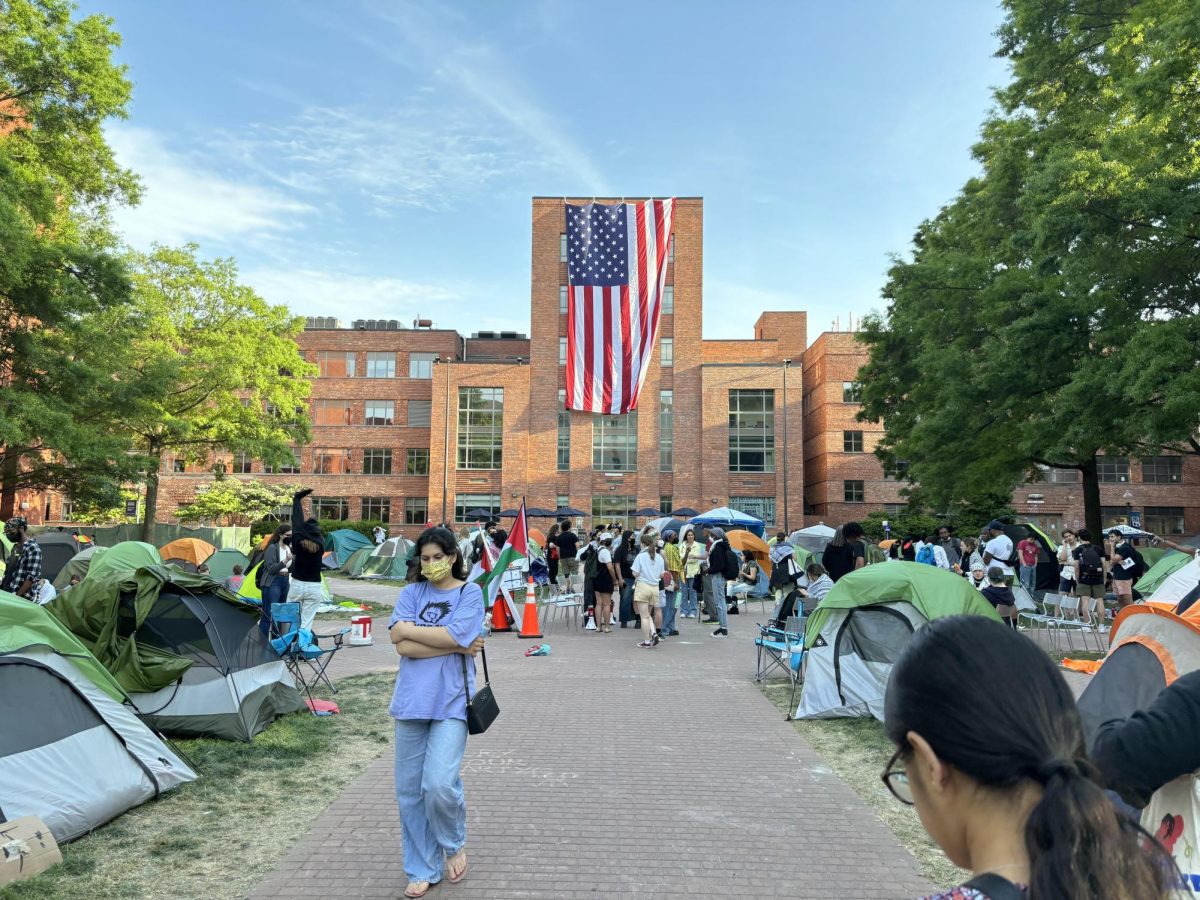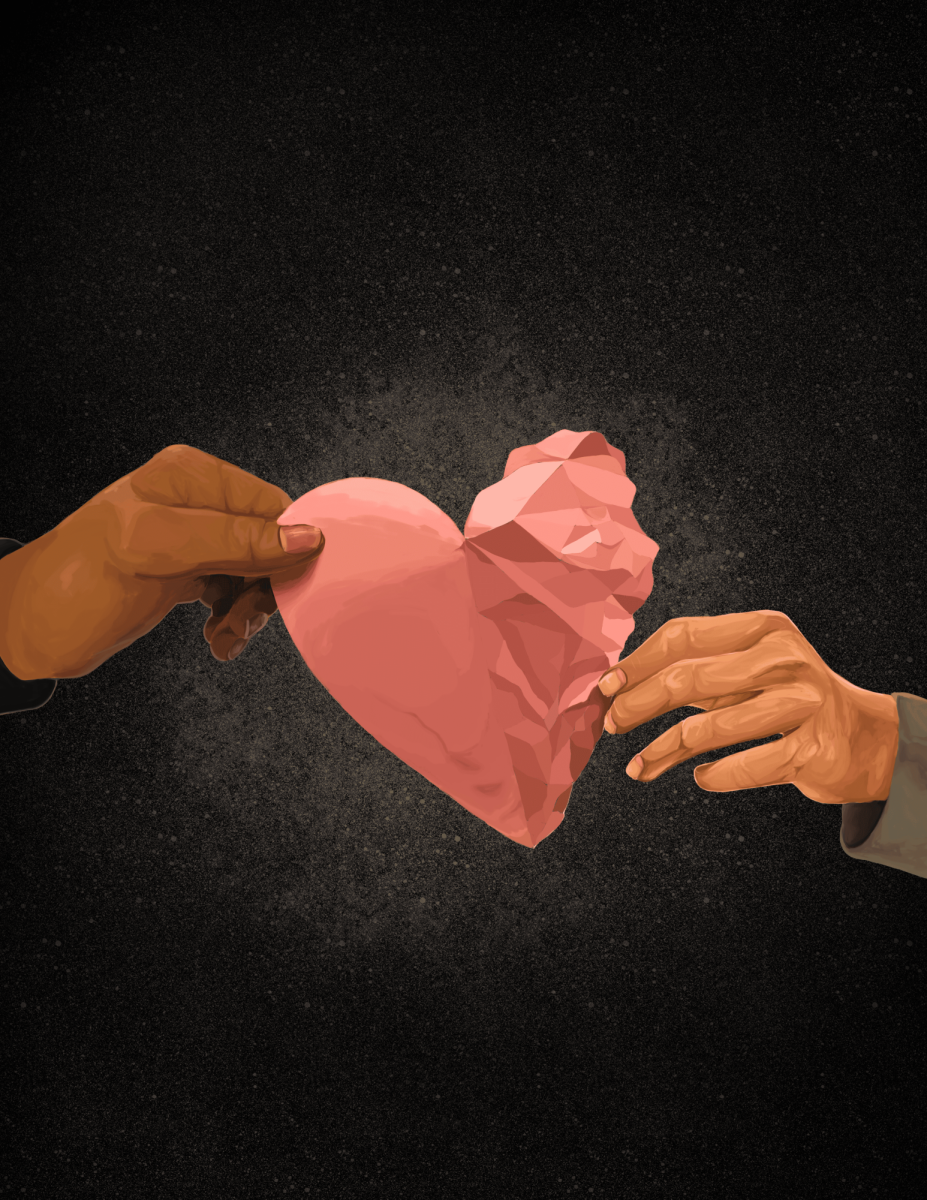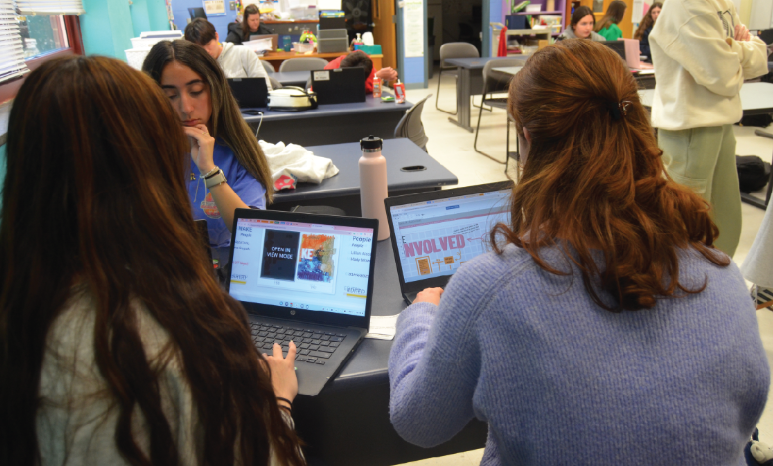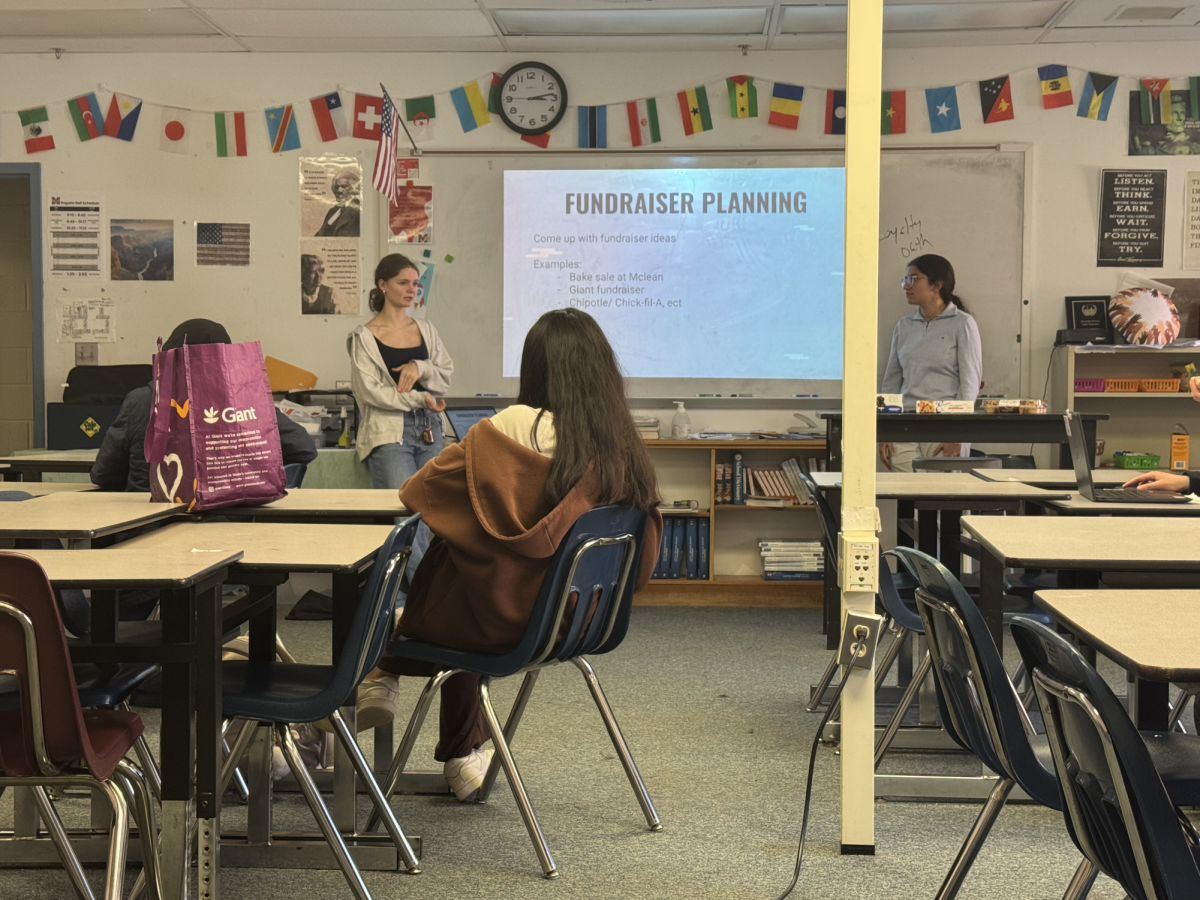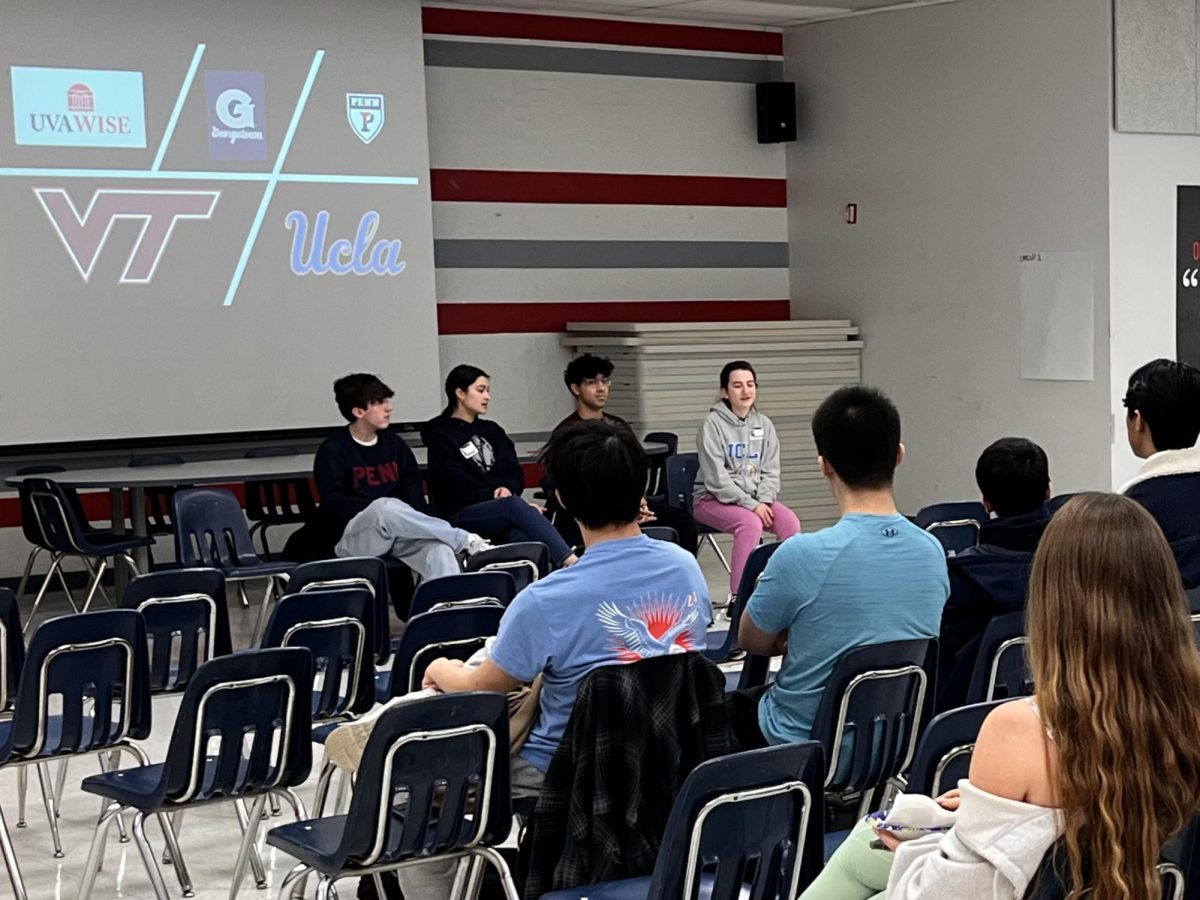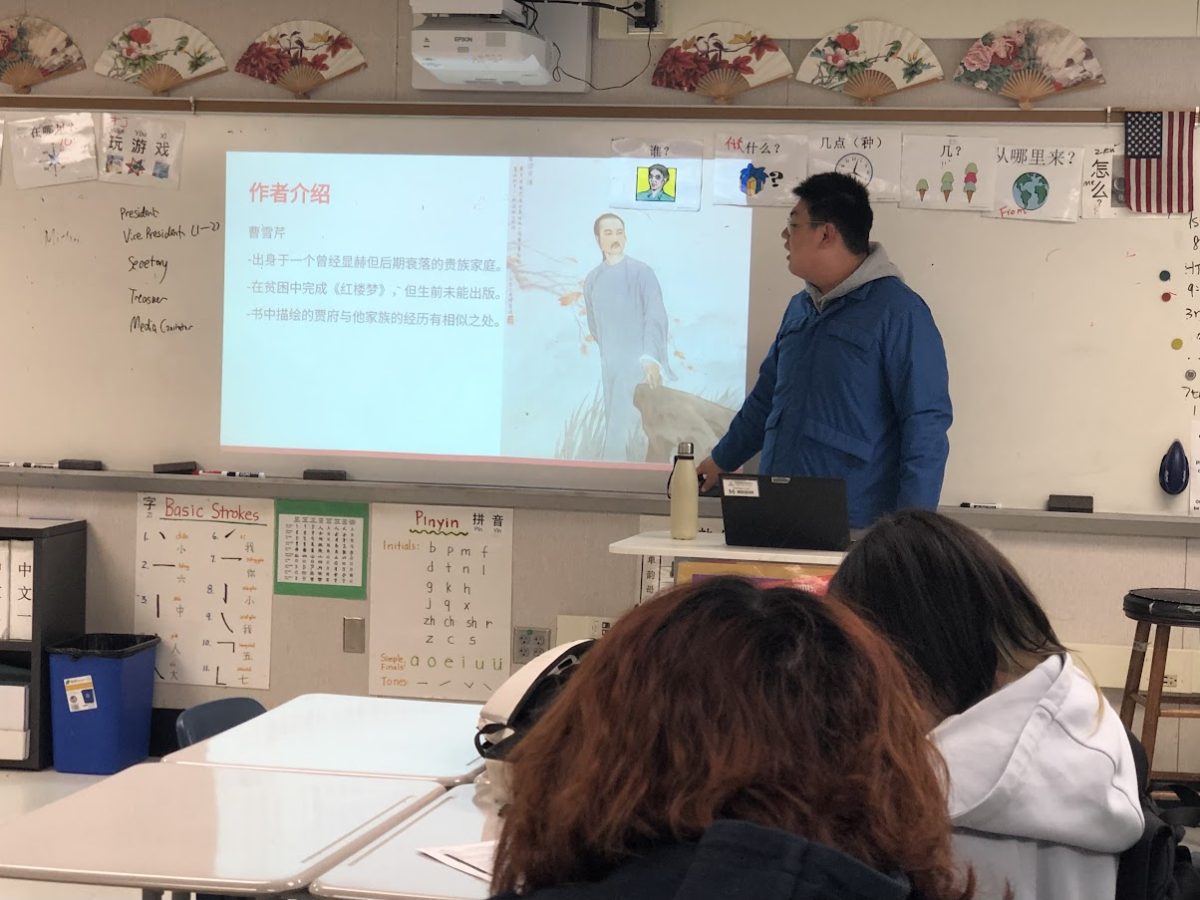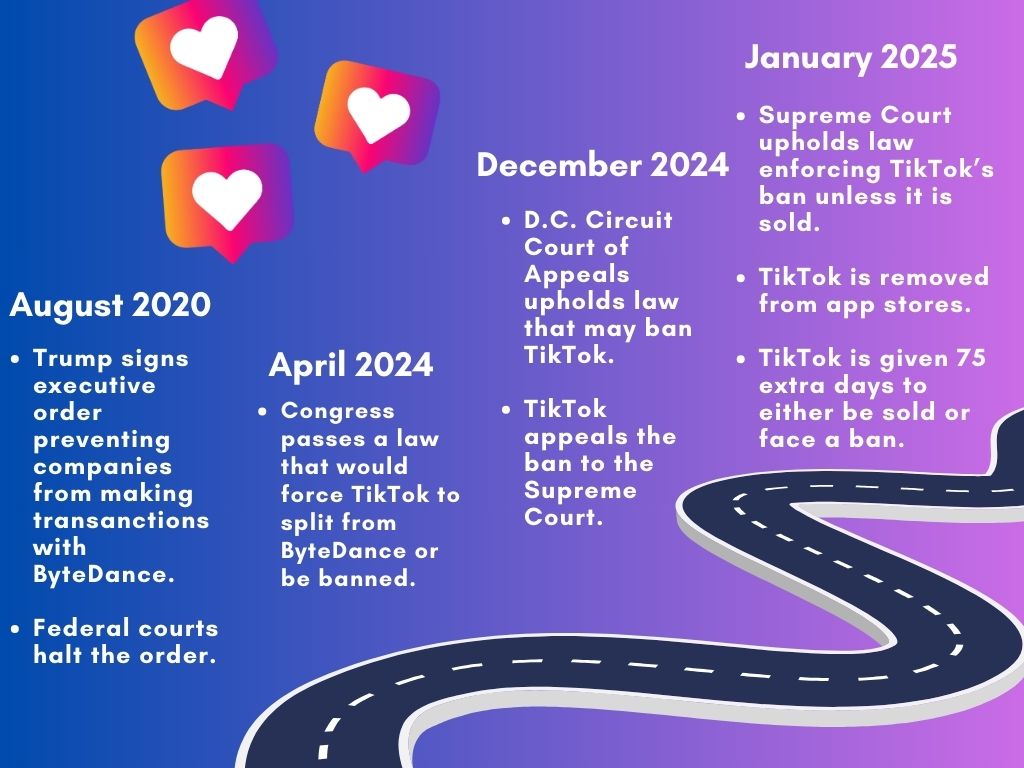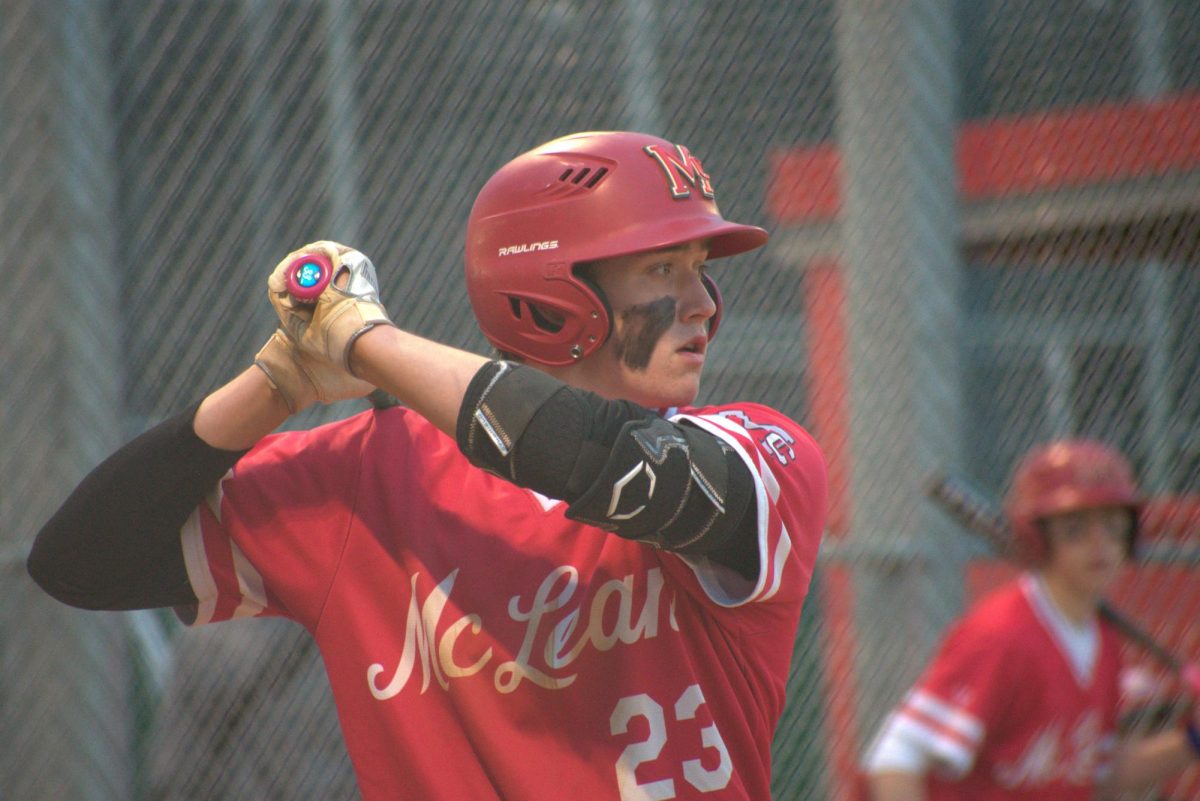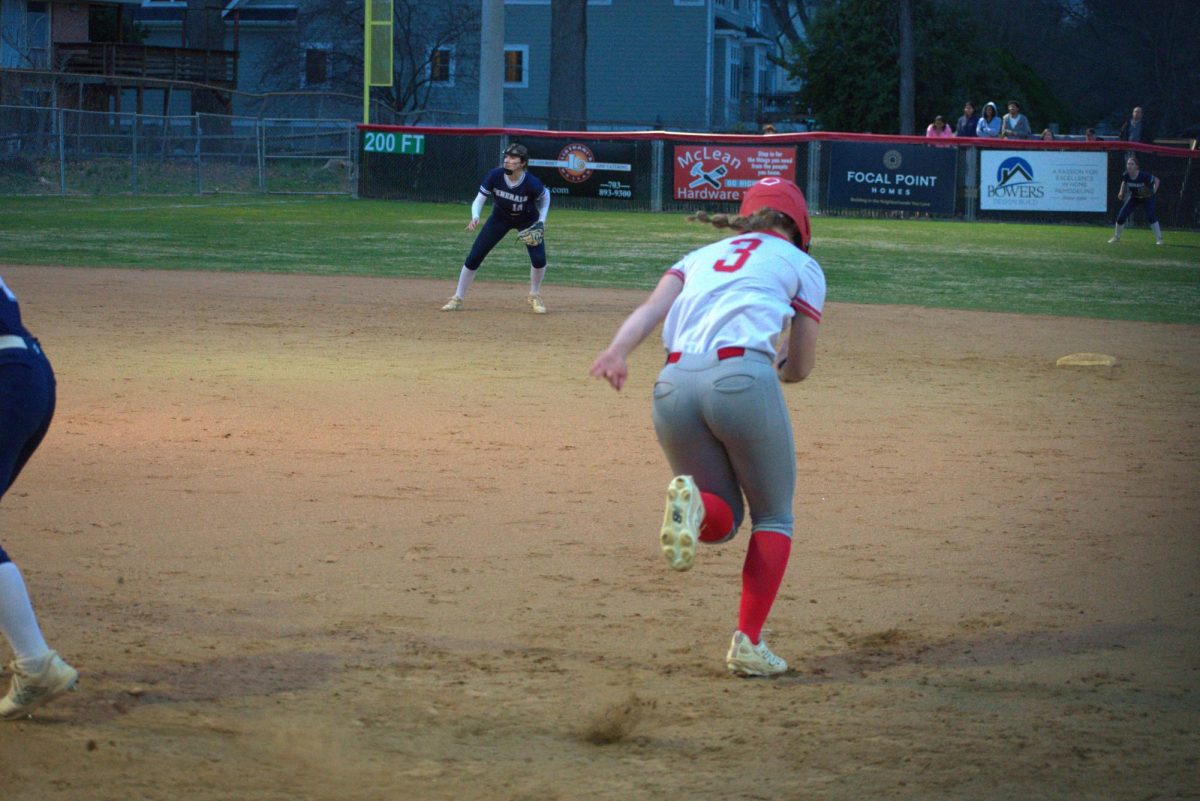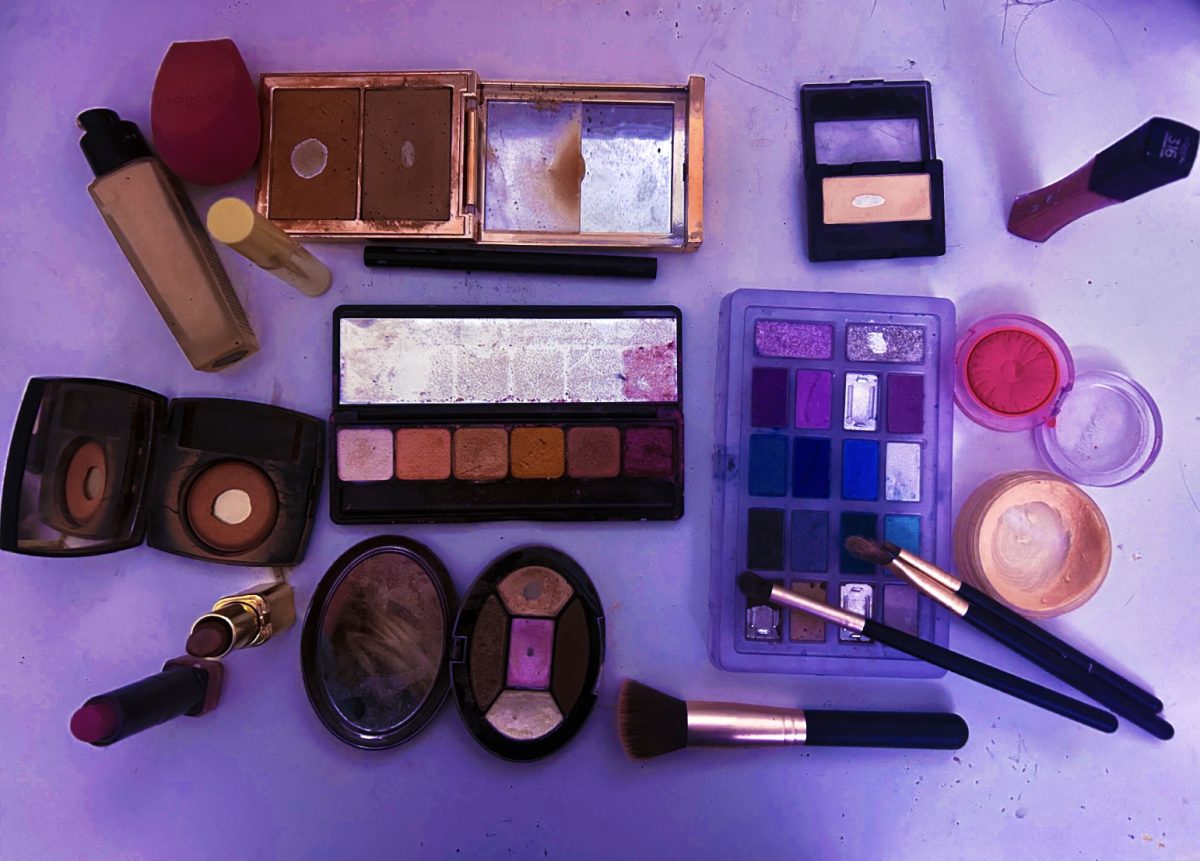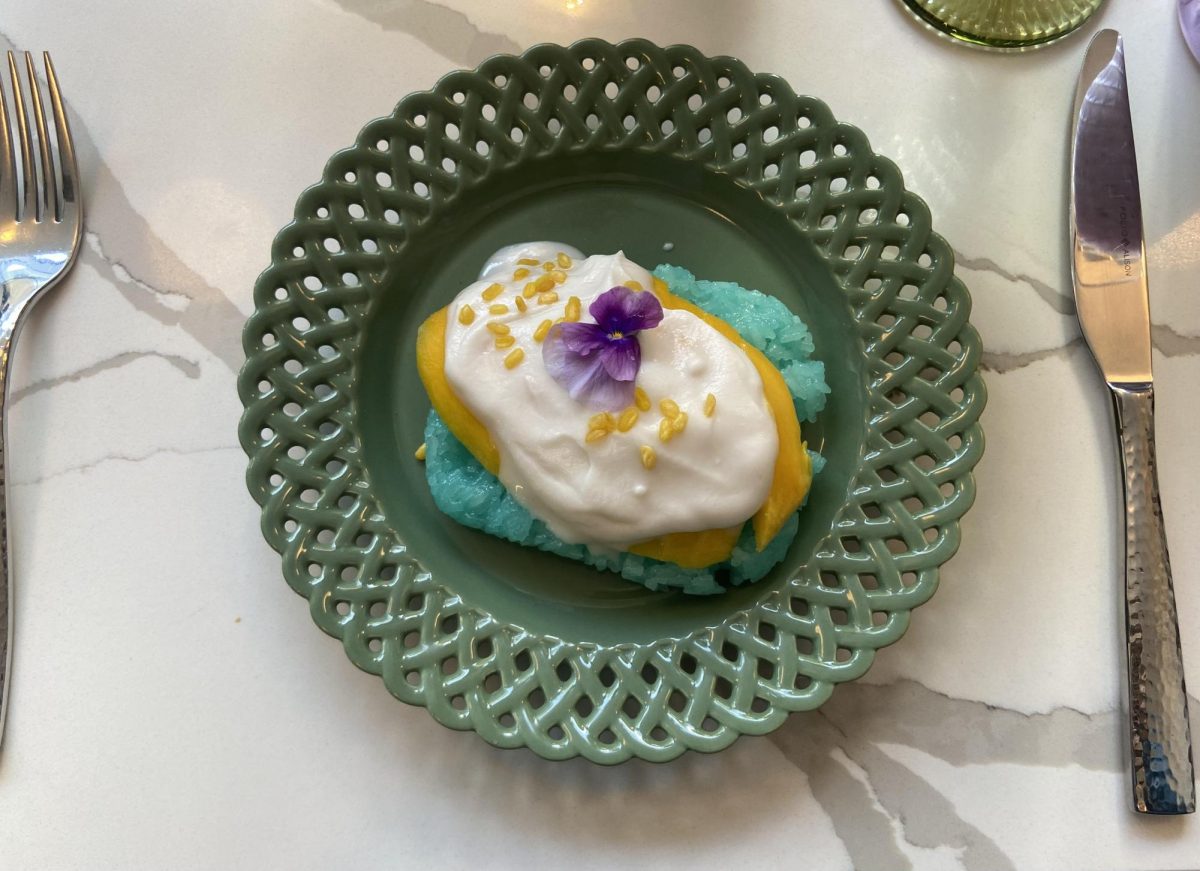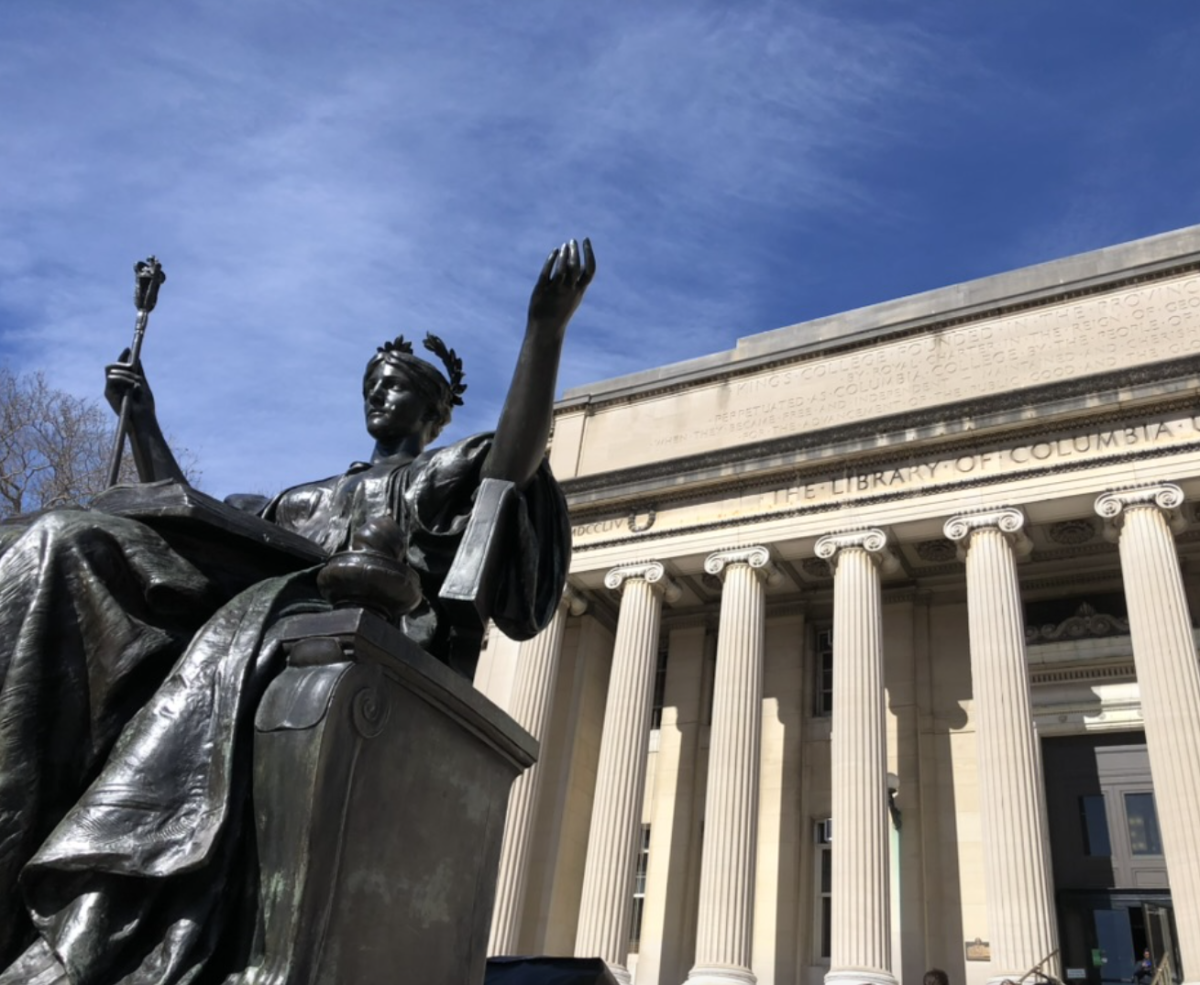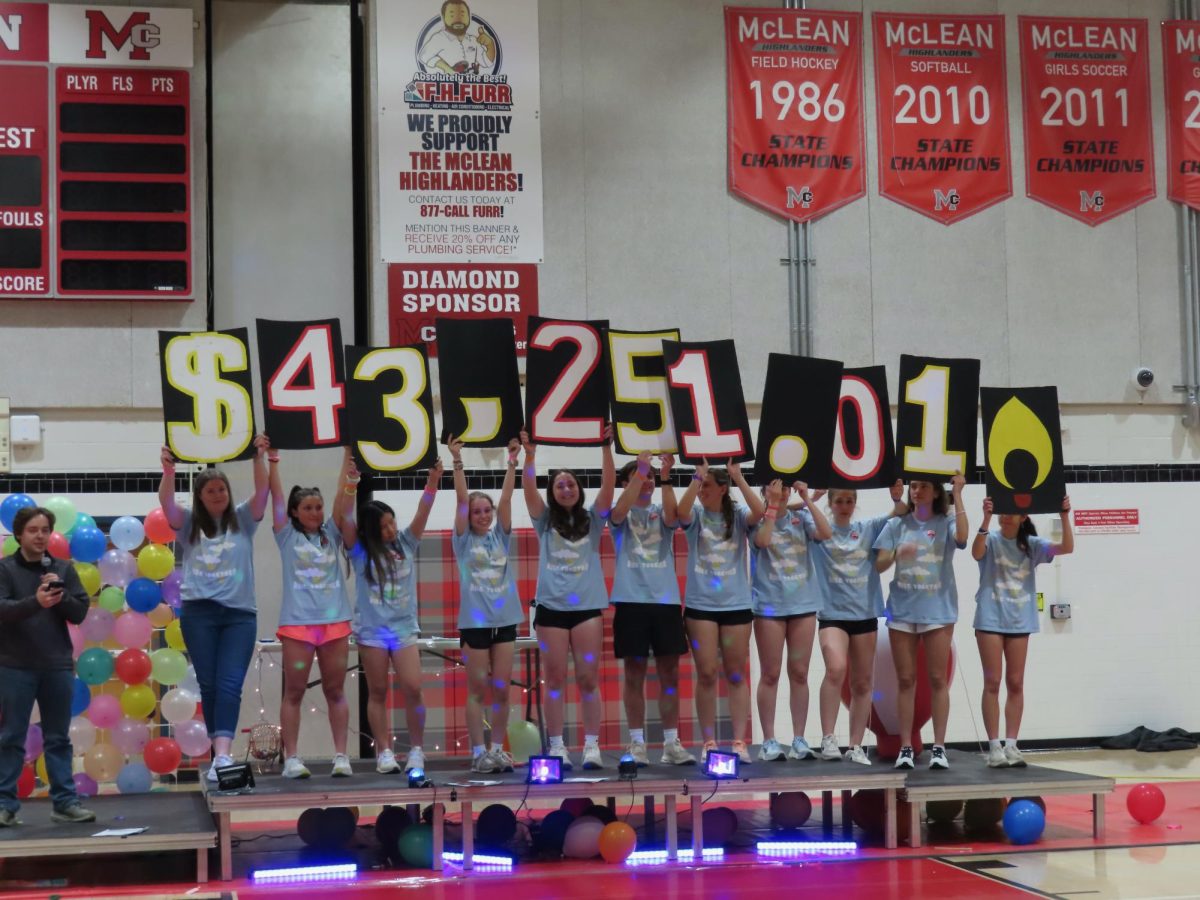Since the Israeli-Palestinian conflict catapulted to new heights on Oct. 7 of last year, individuals across the globe have experienced ideological divides. In the same way, varying groups across the DMV area have felt the effects of the conflict in different ways.
With the liberal nature of the DMV area, many residents, particularly students, have stood and rallied for the pro-Palestinian cause ever since the conflict intensified in 2023. The activism was brought to new heights this April when university/college students across America began the widespread movement of establishing on-campus encampments.
Students at George Washington University (GWU), were notably involved in the movement and set up their encampment at the on-campus greenspace known as the U-yard, short for University Yard. The most active pro-Palestine groups are the Student Coalition for Palestine (SCP) and the Student for Justice in Palestine (SJP), which are both based in GWU. They have been responsible for events such as organizing local rallies or protests, press conferences and coordinating the encampment earlier this month.
“We’ve been fighting for [the same] five student demands all year, since Oct. 7,” a GWU student by the pseudonym of Naina said. “[These demands are] the protection of pro-Palestine speech on campus; the dropping of all charges against student organizers; divestment of companies fueling the genocide in Palestine and to disclose all financial investments and an end to all academic partnerships with Zionist entities.”
Naina is a leading member of the SCP and was involved in numerous meetings with the GWU administration to negotiate terms. She was present at the encampment that protesters nicknamed the “Liberation Zone”, which was later changed to Shohada’ Square. Her support for Palestine mainly derives from opposing GWU investments that administrators have implemented.
“I don’t see [the continual meetings with GWU administration] as a failure, but I certainly think that the institutions that we are up against are invested in the genocide,” Naina said. “They are invested in the profit they are making from the genocide, and they are doing everything that they can to protect it. It is our job to continue to fight those oppressive systems.”
Though many fight alongside Naina and the SCP and SJP, within the broad umbrella of groups standing for the pro-Palestinian cause, many find themselves motivated by differing ideas.
“It was really about community building, sort of educating them about political ideologies and sort of getting everyone on the same page,” George Mason student under the preferred pseudonym of Layla, who was present at the encampment said. “[They should] know why we’re here because at the end of the day, it was about Rafah and what’s happening at Rafah and the invasion at Gaza.”
Layla is an active advocate for the pro-Palestinian cause. During her time at the encampment, she organized various community activities aimed at raising awareness of the Palestinian struggle. They also educated the community on other related topics such as American abolition, imperialism, the Haitian revolution, and more. At the peak of the encampment, she noted that local families and individuals would gather at the U-yard to learn of these issues. She personally drew emphasis on the educational value the activities carried out at the U-yard had and the overall peaceful nature of the encampment.
“We had programs set up so people could learn,” Layla said. “We were planning a scholastic event where we talked about the martyrs of Gaza and how they never got to graduate and get to study what they wanted to, but unfortunately [the] encampment shut down the night before we were planning that.”
Although there were reportedly confrontations between protestors/encamped students and the campus Jewish fraternity known as Alpha Epsilon Pi, they were not physical. Instead, the fraternity verbally expressed frustration from their perspective of the issue. A common campus consensus that the encampments and the protests were relatively peaceful aside from conflicts with local police.
“We never did anything that would insinuate any kind of violence. We had events, we had art builds, they would make posters, we would be singing,” Layla said. “We were very inviting to people who would come up, it’s just that we were on edge that they were Zionists or infiltrators, but nothing of the sort that they would insinuate any kind of violence [either], not at all.”
On the other side, groups with those conflicting ideas groups have felt impacted by the construction of encampment and the continued pro-Palestinian protests. In early May, the George Washington Jewish Student Association (JSA) organized a rally against campus antisemitism. The organization has preached for the end of anti-semitism, making informative posts on their social media platforms and affirming that students have the right to hold their differing opinions on the conflict itself.
“There has been an uptick in anti-semitism because the line between antisemitism and anti-Zionism is sometimes unclear, and people can unintentionally cross that line,” said junior Eliana Martin. “Both sides need to be willing and open to listening to the other side if they ever want to come to a resolution to the conflict.”
Meanwhile, some pro-Palestinian student-protesters expressed that their motivations for joining the movement were less about the university/college investments in industries aiding Israel or seeking institutional change, but rather to relay a message to the everyday Palestinian civilians roped into conflict.
Students from high schools around DC, Maryland and Virginia (DMV) have joined others on the GWU campus. These students preach the importance of using young voices and encourage keeping an open mind while fighting for their beliefs.
“People in Gaza are seeing us do things like [protesting], and they know that we’re there for them,” local high school student Israa Khalaf said. “Even if this doesn’t change policy in the U.S., honestly, that’s enough for me. I rally for the innocent everyday people of Palestine to know that we’re here for them, and we risked everything for them.”
Khalaf organized a pro-Palestinian walkout at her high school when the conflict first broke out. Since then, she has participated in various forms of advocacy for the cause, to exhibit the prominence of representing those who cannot stand for themselves.
“I think people are realizing just how powerful we are,” Khalaf said. “Realizing that there is a greater community that does care, does have that state of mind and that capacity to go out in the world and try something.”
On May 24, high schoolers across the DMV area congregated in DC to protest the Israeli-Palestinian conflict. They organized a school strike from 11 a.m. to around 3:30 p.m. that day. Students gathered in McPherson Square before heading to the White House. Multiple students from McLean attended in support of Gaza, many of whom participated in the pro-Palestinian walkout in October.
“As students of the DMV area, we have exclusive access to the nation’s capital, which gives young voices the ability to be heard in the immediate community,” junior Jude El-Hadi who attended the protest said. “Although DC is filled with different types of people with polarizing views, we knew what we were fighting for and felt empowered as well as supported.”
On May 8, the Metropolitan Police Department (MPD) raided the GWU encampment sparking outrage amongst student protesters and stirring the local community. 33 people were arrested around 3:30 a.m. after they were given multiple warnings. Six of those were Georgetown students, while the others were students from nearby colleges, as well as civilians who are advocates for the cause.
“We were chanting when a few of the cops escalated the situation. They got angry, shoving people with bikes, grabbing people, beating people and punching protesters,” Naina said. “They used pepper spray. I saw people get it all over their faces or bodies, red marks everywhere.”
Many protesters that were arrested, including Naina, left their belongings behind, such as technology and loved possessions. The encampment went on for several weeks prior to the clearing of the space. A wide range of university students temporarily inhabited the area, incorporating students from the University of Maryland, George Mason, Georgetown and American University. Every day, college students were torn on the institution and police handling of the encampment clearing.
“When they were clearing the encampment, students were trying to fight back to hold their ground at the encampment while the police were trying to do the job that they were instructed to do,” said Emily Andre, a GWU student. “The protesters were peaceful and I support the cause and think none of the students deserved to go to jail, but from a legal standpoint what the students were doing was technically illegal, and [the police] were trying to do their job to keep the campus safe.”
The encampment caused an increase in police presence, especially after the raid. On May 9, the day following the raid, numerous protesters set up camp and continued to chant in front of the administration buildings. Once the MPD broke up the rally, they put restrictions on the area, preventing students from moving out.
Every day, students have also felt the strain that has come with increased police presence on campus and demonstrations impacting the realm of academics.
“There are clearly a lot more police on campus and some of the final exams were affected because the U-yard and buildings around the area were closed,” Andre said. “They were having to cancel finals which affected a handful of students on campus.”
Meanwhile, the aftermath of the protests resulted in larger-scale problems for students on campus. After the encampment was shut down, pro-Palestinian students rallied around campus. Confrontations with police led the administration to issue dorm lockdowns across campus, in which students were not permitted to leave.
“We understand that the lockout was for safety reasons, but if our safety was what the administration cared about, they should have let us into our dorms,” said freshman GWU student Leila Thompson, The protests and the events that ensued as a result of police efforts afterward also hindered students’ end-of-year plans.
“[The protest that day] wasn’t violent, but it was a busy time when students are returning to their homes for the summer and seniors packing up to leave for good,” Thompson said. “No one could move out. It was more of a police reaction rather than the protesters themselves.”
With the summer approaching, the GWU campus is growing evermore desolate day by day, with many students having left post-exams for summer or having graduated. Despite opposing factors, pro-Palestinian groups from both universities and high schools across the DMV continue to organize court support events for students arrested at the U-yard encampment, and frequent protests carry on.
“I was grabbed, and I was arrested behind the police line. As far as being in jail, getting there was scary,” Naina said. “[However], we were chanting free Palestine the whole time and that was what gave us strength. Everything is for Palestine.”


